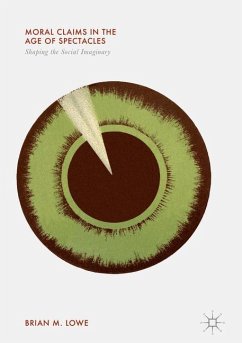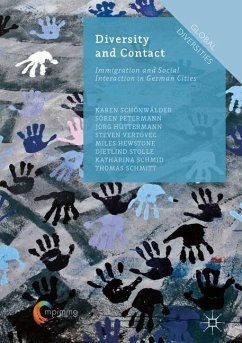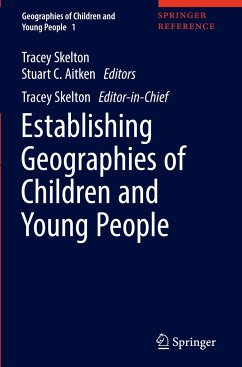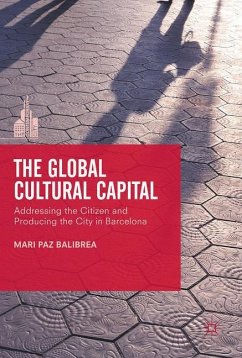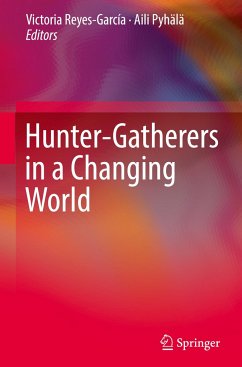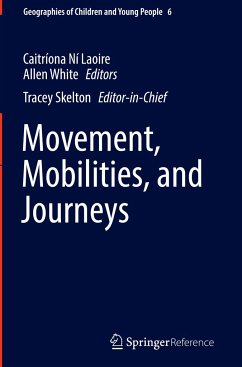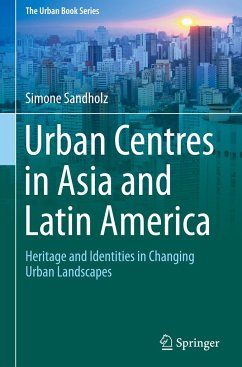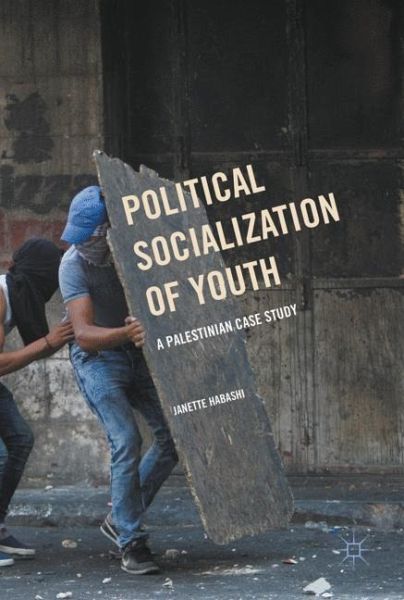
Political Socialization of Youth
A Palestinian Case Study

PAYBACK Punkte
34 °P sammeln!
This book increases the awareness of youth political agency and how it relates to adults, governments, communities, and local and global discourse. It reveals the complexity of youth's political lives as it intersects with social identifiers such as location, gender, and political status, and interacts with neoliberal discourse embedded in media, local politics, education, and religious idioms. This book fills a gap in existing research to provide a body of literature on the political socialization and its manifestation in youth political agency. The research findings aid in understanding the ...
This book increases the awareness of youth political agency and how it relates to adults, governments, communities, and local and global discourse. It reveals the complexity of youth's political lives as it intersects with social identifiers such as location, gender, and political status, and interacts with neoliberal discourse embedded in media, local politics, education, and religious idioms. This book fills a gap in existing research to provide a body of literature on the political socialization and its manifestation in youth political agency. The research findings aid in understanding the abilities of youth to reason, reflect upon, articulate, and act upon their political views. This research is not only pertinent to children in Palestine, but can also be applied to children living everywhere as global discourse of oppression is not limited to a location, age or a group.





